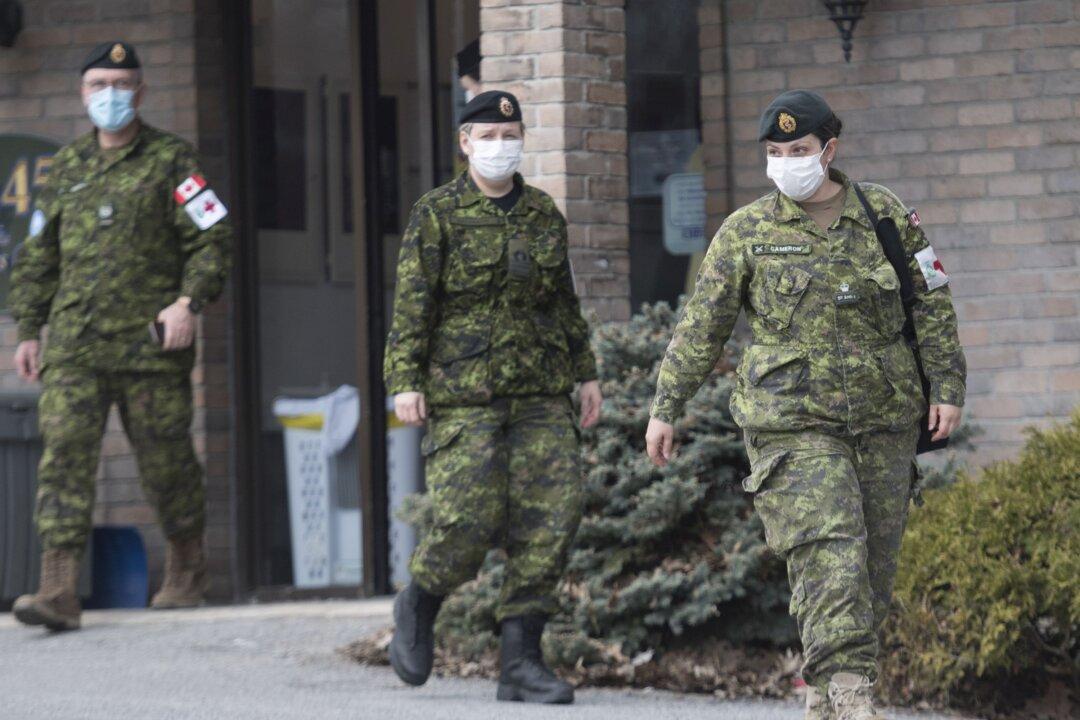Following a long period of neglect, Canada’s Army Reserve has begun to be built up again in recent years. But the pandemic has set back training for reservists, something that concerns experts who hope the interruption doesn’t jeopardize hard-won gains.
“Things were improving up to the onset of the COVID situation, but then, of course, everything stopped: recruiting stopped, collective training stopped,” says Chris Champion, author of “Relentless Struggle,” a book about the 30-year fight to save the Army Reserve.





